
Photo credit: RiverHugger/Creative Commons
Science and Politics of Mining (start time: 6:49) On August 5 an inactive mine named Gold King, which had been leaking toxins for years, spewed more than 3 million gallons of toxic sludge into a creek that feeds into the Animus River in southwest Colorado. Its neon orange path of wastewater was shocking. But also shocking is the long history of acid mine drainage pollution and the lax regulations that allow mining companies to basically walk away from their disasters. Dr. Mark Williams, a professor of geography at CU Boulder, and an expert in mountain hydrology and hydrochemistry., has worked on remediation of several mines in the state. He speaks with How On Earth host Susan Moran about the anatomy of mines, how this disaster happened, what it suggests about the many other precarious mines in the state, and what should be done to prevent such disasters from happening.
Hosts: Susan Moran, Joel Parker
Producer: Susan Moran
Engineer: Joel Parker
Headline Contributors: Kendra Krueger, Joel Parker, Daniel Strain
Executive Producer: Susan Moran
Listen to the show:
Podcast: Play in new window | Download (Duration: 22:26 — 20.5MB)
Subscribe: RSS

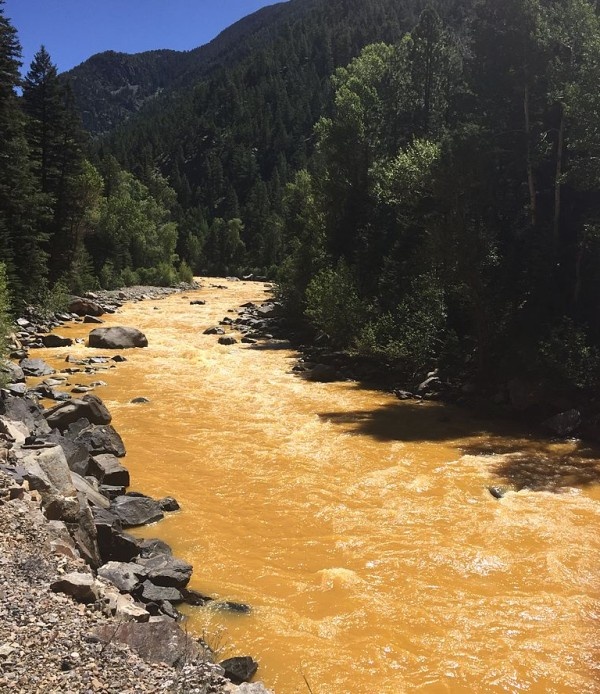


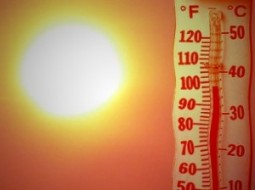
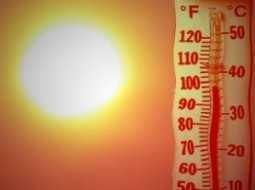
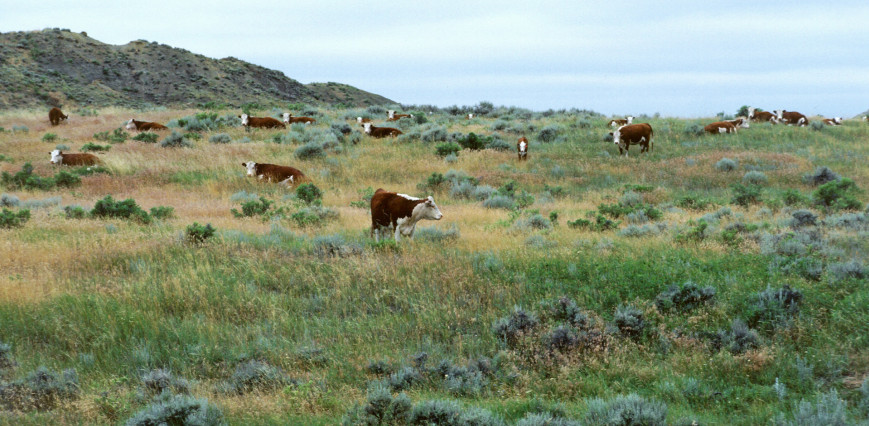
 When it comes to reducing greenhouses gases, every little bit helps, and that includes managing the greenhouse gases produced by how we grow our food. Raising livestock and growing crops both generate greenhouse gases, and to gauge their impact, a new study takes the long range view. The results were published in a paper: “Measuring and mitigating agricultural greenhouse gas production in the U.S. Great Plains, 1870-2000” in the Proceedings of the National Academy of Sciences. It analyzes 100 years of agricultural production, and it takes this look at farming close to home – it focuses on the bread basket of the United States – the Great Plains, which includes eastern Colorado. Here to tell us more are scientists
When it comes to reducing greenhouses gases, every little bit helps, and that includes managing the greenhouse gases produced by how we grow our food. Raising livestock and growing crops both generate greenhouse gases, and to gauge their impact, a new study takes the long range view. The results were published in a paper: “Measuring and mitigating agricultural greenhouse gas production in the U.S. Great Plains, 1870-2000” in the Proceedings of the National Academy of Sciences. It analyzes 100 years of agricultural production, and it takes this look at farming close to home – it focuses on the bread basket of the United States – the Great Plains, which includes eastern Colorado. Here to tell us more are scientists 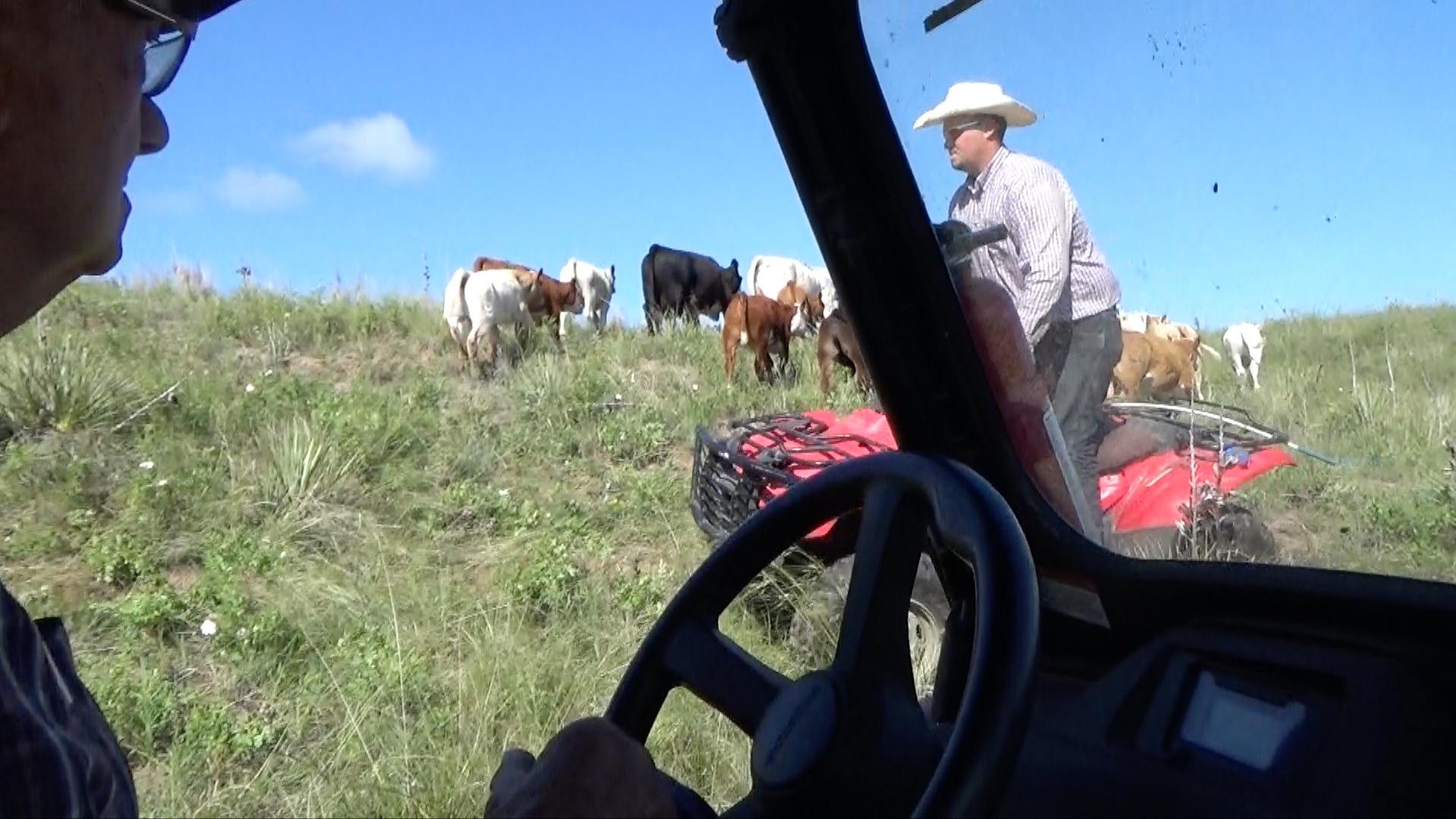
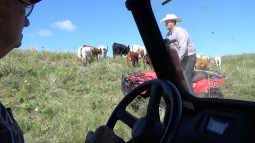
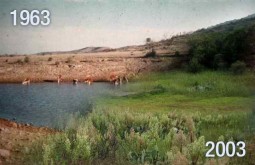

 Pluto Flyby (start time 1:00): Joel Parker discusses the New Horizons mission from the command center live!
Pluto Flyby (start time 1:00): Joel Parker discusses the New Horizons mission from the command center live!
 Real Food (start time 4:20): What we eat , and how we eat, is inextricably connected to our own health as well as the health of the planet. Every decision we make—whether to bake a chocolate cake or buy it from Safeway or at a Farmer’s Market—is full of nuances and even contradictions.
Real Food (start time 4:20): What we eat , and how we eat, is inextricably connected to our own health as well as the health of the planet. Every decision we make—whether to bake a chocolate cake or buy it from Safeway or at a Farmer’s Market—is full of nuances and even contradictions. 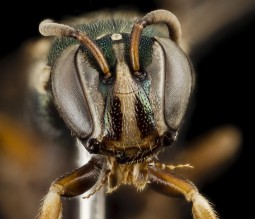
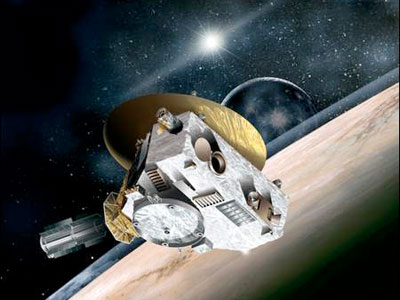
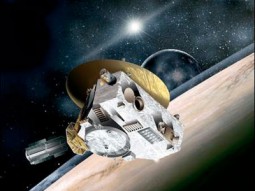


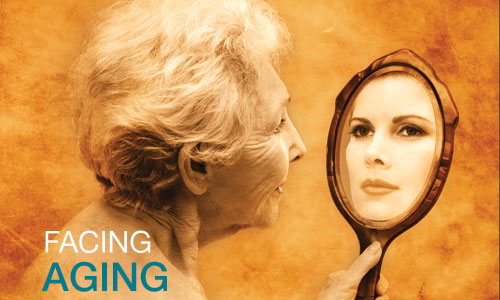
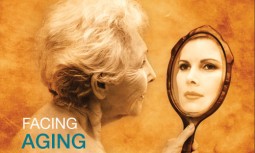

 An educator and perfomer, Len Barron first developed a piece about Einsteina and Bohr as a one man show, but then decided to evolve the project by enlist the help of 8 grandmothers to tell the story with their own added pizazz. Not only was lively performance produced, but a process and experience was shared. This process was captured by documentary film maker Robin Truesdale in a film coming to the Dairy Center this weekend entitled A Beautiful Equation. Both Robin and Len have joined us today in the studio to tell us more about the film, the process, the scientists and the grandmothers.
An educator and perfomer, Len Barron first developed a piece about Einsteina and Bohr as a one man show, but then decided to evolve the project by enlist the help of 8 grandmothers to tell the story with their own added pizazz. Not only was lively performance produced, but a process and experience was shared. This process was captured by documentary film maker Robin Truesdale in a film coming to the Dairy Center this weekend entitled A Beautiful Equation. Both Robin and Len have joined us today in the studio to tell us more about the film, the process, the scientists and the grandmothers.